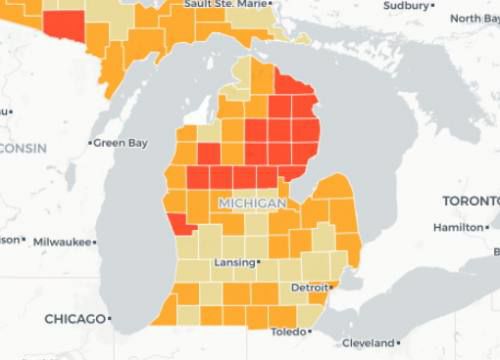Below is a table from the President's budget proposal for the Social Security Administration's operating budget for Fiscal Year 2019 (FY 2019). FY 2019 will begin on October 1, 2018. Note that this is a basically flat proposal, which means that it would be a budget cut when you consider inflation. That's why significant staffing cuts are predicted.
However, because of the budget bill that was just approved, the President's entire FY 2019 budget is virtually meaningless. The budget bill that was just signed provides for significant budget increases for civilian agencies while the President's budget would call for cuts. The enacted budget bill governs. This budget proposal is nothing more than the pipe dream of Mick Mulvaney, the director of the Office of Management and Budget, who is a noted budget hawk at least when it comes to civilian agencies.
 |
| Click on this to view full size |

/cdn.vox-cdn.com/uploads/chorus_asset/file/10078655/2017_11_10_12.25.46.jpg)